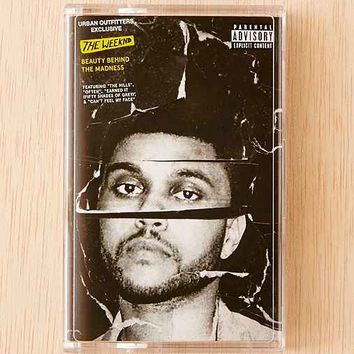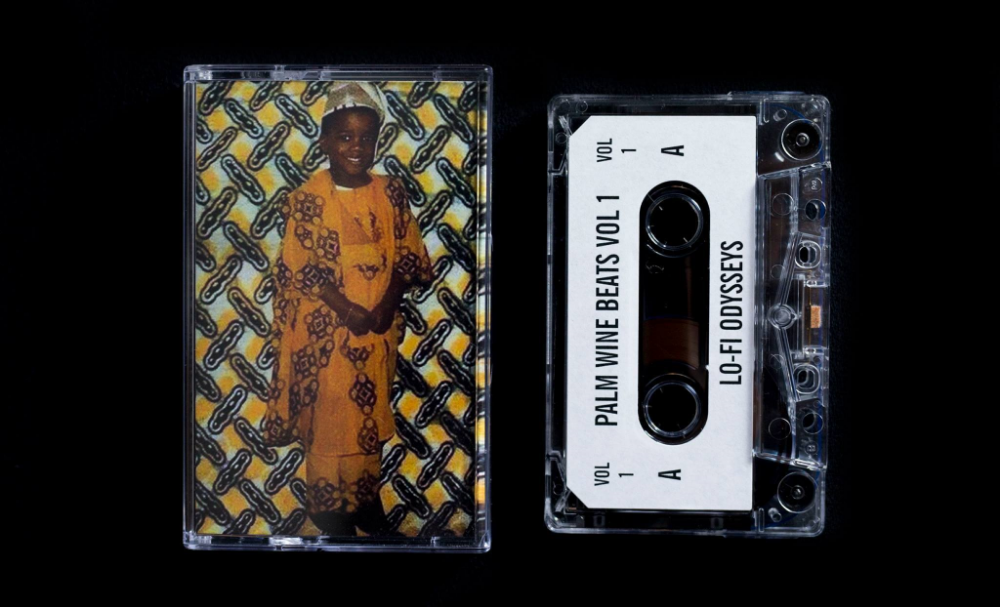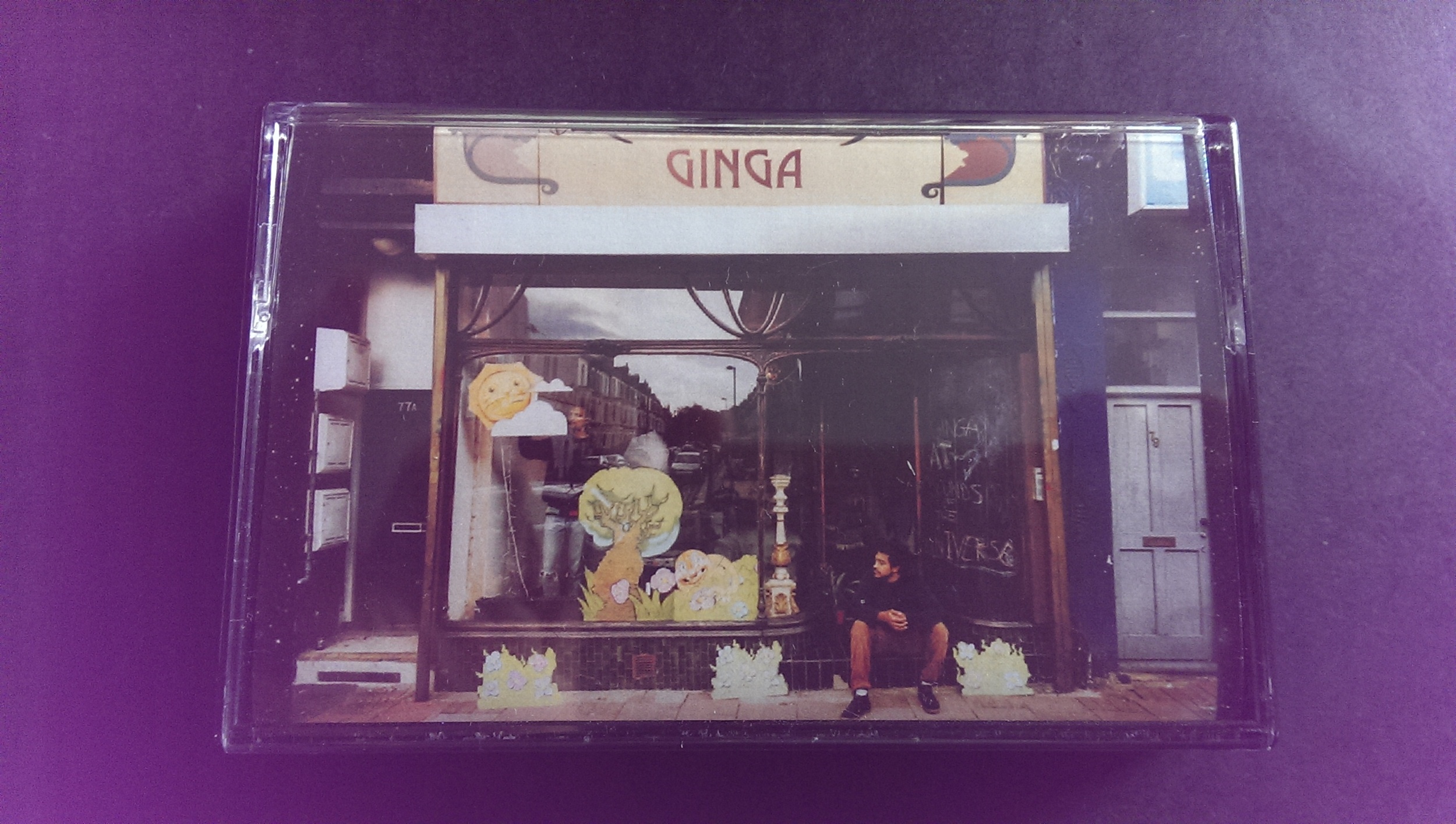I think back to the wall of expectation analogy in Alain de Botton’s The Consolations of Philosophy. We are often told how important it is play to our strengths, to focus on a particular goal and follow a set path to achieve it. But the more rigidly we set about that task the more frustrated we can become. Pruett frames this phenomenon differently, in terms of damaging patterns of behaviour. We are all guilty of these. Getting angry with those that cut in line, raising our voice on the phone, holding ground in the workplace because you don't feel valued, staring at a screen for hours and expecting good ideas to appear… These traits become an unflattering take on our personality.
Pruett says the challenge is to start reacting differently to things, to sense the problems and patterns in everyday life and then break them. These are what Confucius called “as if” rituals, loosely translated. Transformative changes in behaviour – faking it, if you have to. Again, the simplest example is smiling and talking to strangers. It's that sense of being spontaneous, open to the world and, dare I say it, in harmony. Mencius, the late 4th-century BC scholar said that these chance conversations, interactions and experiences help us to see new connections and opportunities everywhere. In turn, our influence grows and we begin to have a positive effect on the lives of those around us.
Zhuangzi encouraged people to embrace trained spontaneity, the idea that you apply yourself in a particular area – playing a sport or learning an instrument, for instance – so your mind doesn’t get in the way in the moment. Perhaps the most counterintuitive idea is not playing to your strengths. Xunzi says that nothing is natural. So if you can’t dance, won't dance, sign up for that class. If you don't like getting wet, jump into the swimming pool. Not to get better, specifically, but to live life “as a series of ruptures” as Pruett puts it.
A fascinating aside: Pruett described himself as being part of the ’89 generation who felt there was no need to ask big questions because “we felt they’d already been solved”. (I wonder how big a factor the rise of the internet was in all of this?) Now people are enjoying being fundamentally challenged on how they should live from day to day and these questions are being debated furiously in the blogosphere of post-Communist, post-imperialist China, in particular.
I came away from the talk feeling quite liberated. It’s ok if you don't have all the answers, to feel like a work in progress, even in your thirties. I will definitely add The Path to my reading list and dip in to the original texts. As with any book that draws on so much source material, there will be those who find it too general or too quick to reach a consensus among the different philosophers. But as a break from the norm it sounds promising.
Mindfulness continues to be a hot trend, indicating that there’s an appetite for alternative ways of living, particularly in the pressure cooker environment of the city. Pruett won’t show you the path specifically but he’ll certainly help you make a few tweaks here and there. Add all those up and who knows…
Right, I’m off to talk to strangers in Pret and tango the night away.









